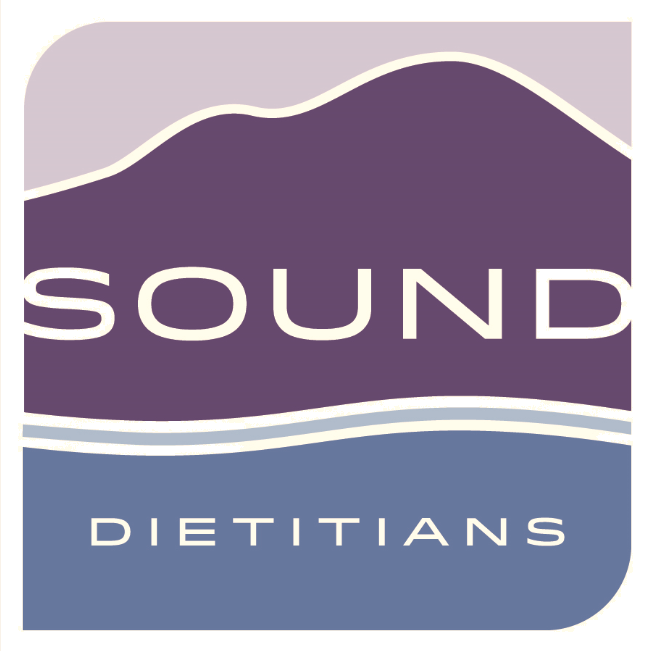 Eggs are another one of those foods that have been demonized in the past. Now, with more research available, we have a better understanding of nutrients found in eggs and their benefits. Should eggs stay in our diet? Let’s dive into all things eggs: Egg Terminology: Companies seem to keep adding more and more new labels to their eggs, such as free-range and pasture-raised, but what do these mean? Let’s break down some of those labels:
Will Eggs Raise My Cholesterol? Eggs do contain some cholesterol, but current research suggests that cholesterol found in food has a small effect on cholesterol levels in the blood. Saturated and trans fats found in foods have been shown to have a much more significant impact on cholesterol production in the liver. Eggs are relatively low in saturated fat, containing only 1.5 grams per egg, compared to the 6.3 grams found in 1 tablespoon of butter. Other foods high in saturated fat include coconut oil, butter, bacon, cheese, sausage, and processed foods. Rather than avoiding eggs, consider what you are eating alongside your eggs or what you are cooking your eggs in. Eggs contain many beneficial nutrients that play diverse roles throughout the body. Nutrients Found in Eggs: Eggs are packed full of nutrients. Here are a couple of star nutrients found in eggs:
What’s up with the Avian Flu? Avian flu, also known as the bird flu, is a virus that infects all birds, including chickens. It can cause mild to severe symptoms and can even be fatal to birds. Humans cannot get the avian flu from well-cooked eggs, as the cooking process kills the virus. The egg industry has many years of experience with this flu. Egg farmers work closely with the USDA, the Food and Drug Administration (FDA), and the World Health Organization (WHO) to identify and manage outbreaks. Overall, eggs can make a great meal addition from a health perspective, in moderation of course. Eggs contain many nutrients that your body needs, many of which can only be found in a handful of foods. There are also infinite ways you can use eggs in your cooking. Here is a recipe that is simple, quick, delicious, and leaves plenty of room for creative personalization. Enjoy!  Veggie Scramble Makes 4 servings Ingredients:
Dice your onion and bell pepper and chop the green onion into ¼ inch pieces. Heat a skillet over medium heat and add oil. Add diced onion and the green onions. Saute until softened, about 4 minutes. Add bell pepper and spinach, and saute for another 3 minutes. When all veggies have softened, add in your beaten eggs. Add salt and pepper. Reduce heat to low and stir. Cook until eggs have set into curds. Add salt and pepper. Sprinkle with cheese and stir (optional). Enjoy! Nutrition per serving: 289 calories, 17g protein, 7g carbohydrates, 2g fiber, 21g fat, 550g sodium Anca Soloschi, SPU Intern References:
0 Comments
Leave a Reply. |
SD BlogA place for our consultant Registered Dietitian Nutritionists (RDNs) to share nutrition science, yummy and healthy recipes, tips on seasonal ingredients, and other nutritional musings. Enjoy! Categories
All
Archives
May 2024
|




 RSS Feed
RSS Feed